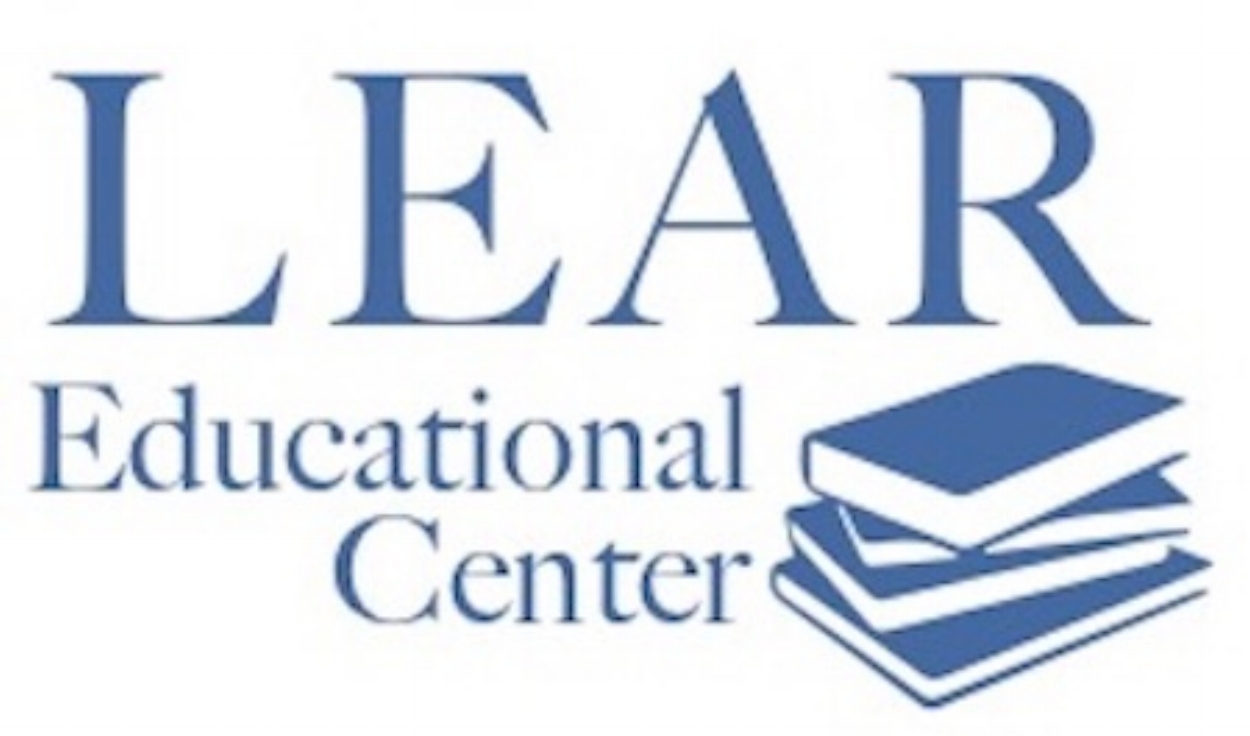Math-Middle School through College Tutoring
/Mastery of math is richly rewarding for students at all levels. Being able to calculate, plan, and analyze using math concepts and formulas is a valuable skill for life. Understanding and employing higher math allows us to effectively manage our personal finances, to understand the economy around us, to better keep pace with technology and science and much, much more.
Fully grasping a basic concept makes it possible to link that concept and its related calculations, with knowledge of why and when to apply the formulas. Practicing recall of the concepts and calculations leads to mastery of the operations. This helps motivate the student to learn higher math concepts. As the student progresses, he will see that mastery of the foundational skills has made learning the more advanced concepts easier than the initial learning of the basics.
Effective learning techniques are gained while building foundational skills, along with an “I can do this” awareness. Successful learning of math requires paying attention when knowledge is presented, asking for further explanations early on if necessary, concentrating without distraction, focusing on assignment activity, and practicing. All this has a big payoff. The student’s self-discipline, time, effort and mental energy spent in the mastery of a concept will have opened a welcoming door to understanding those concepts that are more complex.
At any point in the study of math on all levels, the student may reach a stumbling block, often because a basic concept wasn’t fully understood before calculations following a formula were performed. Assignments will have been completed, yet the student will not know why the formula worked or when it should be used as a step toward solving a more complex problem. Many times students simply memorize calculation procedures in order to complete homework or pass tests. Most often homework and test problems only require recently taught specific calculation procedures that were memorized, but not understood by the student. This initially may yield acceptable grades for assignments and unit tests, leading the student believe he is keeping up. The student moves on to be presented with a summary test containing problems calling for decisions he is unable to make. He may not know which formula he has memorized will lead to a solution to a problem. The problems may call for a variety of different calculations in steps in order to reach solutions. Without a deep understanding of the concept behind each formula, the student will fail the test.
Math knowledge is cumulative. The more we successfully learn, the more we successfully can advance. Weak spots, gaps in the knowledge, will lead to even more gaps as even more advanced concepts are presented. Eventually the student, unable to build on a crumbling foundation, will become bewildered and unable to keep up with the class.
The student may feel embarrassed to ask questions regarding material covered previously while new material is being presented in the class. He may be reluctant to interrupt a professor or to schedule an appointment for further explanation, maybe fearing that it will affect his grade. He may be in a technology or science course where his knowledge of the math required is presumed. Without help, he will fall further behind. Without help, the student may become disheartened and lose confidence in himself. If the student considers himself unable to succeed, he may give up and avoid the subject altogether, needlessly missing the opportunity to maximize his potential.
At Lear Educational Center, we provide tutoring in math for students at all levels, from primary through college. An initial skill assessment is done so that students receive the best tutoring to fill in any gaps in their learning, catch up with their current curriculums, strengthen their skills and move ahead in their math competency.
Concepts and skills are presented with frequent review so as to enhance recollection of prior learning and promote mastery of basics. This comprehension and retention leads to effective progress through more complex levels. Strategies and techniques are taught which will help the student meet the learning challenges of today as well as the challenges of tomorrow.
We use programs designed to maximize the student’s potential to learn math, including the widely acclaimed Saxon Math Programs.
Our goal is to ensure that students are able to competently read and understand mathematical problems and determine the steps necessary to solve them. Remediation recommendations from the student’s classroom teachers are addressed as well as the student’s learning differences.



































